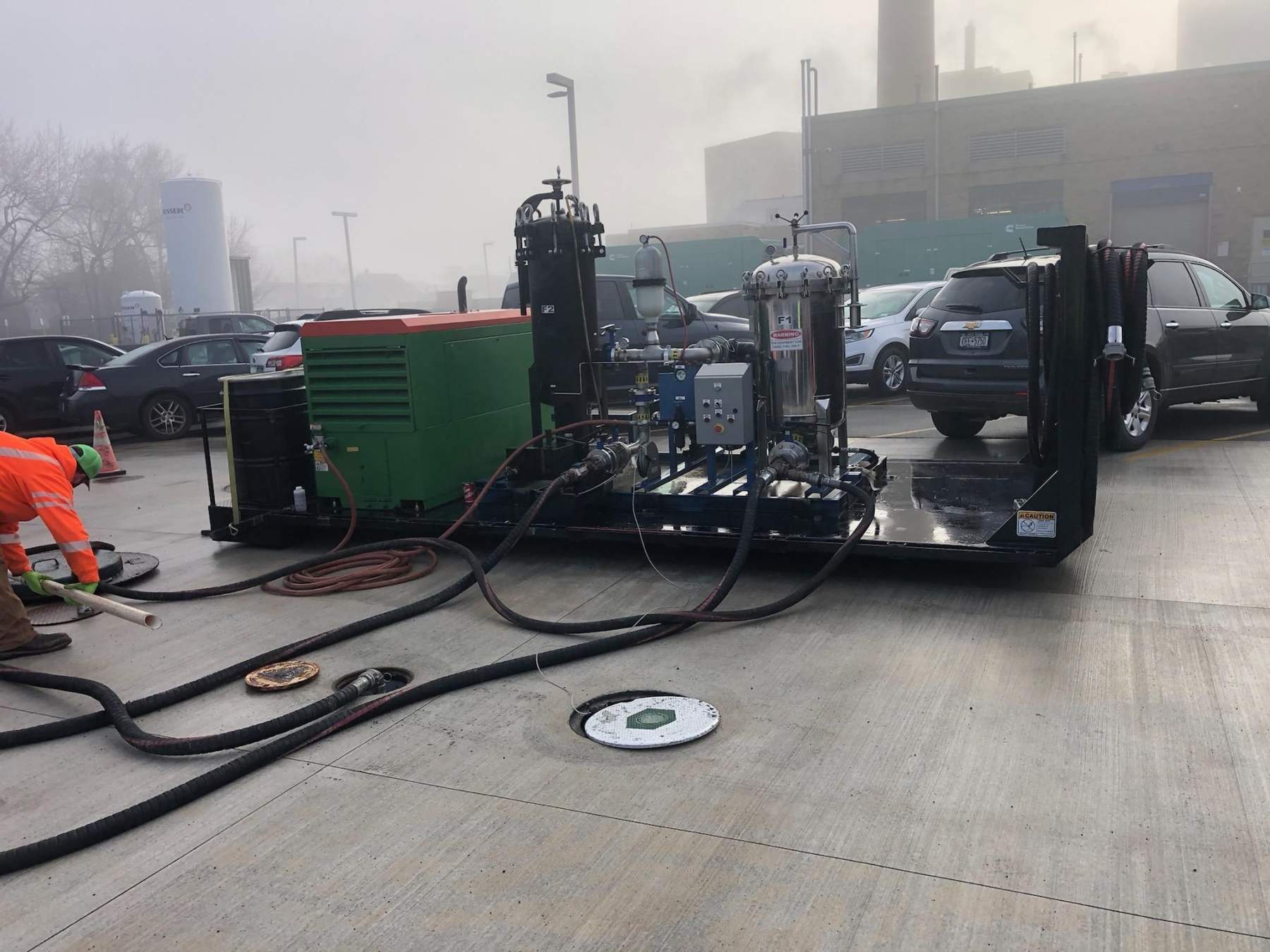When it comes down to optimizing the efficiency and performance, fuel quality is an important factor. Over time diesel fuel could become dirty with impurities like water, sediment and microbial growth that can affect engine operation and lead to costly repairs. Polishing the fuel can be utilized to reduce the risk of contamination with fuel and to ensure smooth operation of engines.

Polishing of fuel (also called diesel polishing) is the method of eliminating contaminants from diesel fuel. It is a highly-specialized service offered by professionals who employ modern techniques and equipment to restore fuel to its optimal state. The process of polishing fuel increases the efficiency of engines and reduces maintenance expenses because it eliminates harmful substances.
Many fuel polishing services are available to cater to the various needs of industries that rely on diesel fuel. These services use highly-trained technicians who are knowledgeable about fuel systems and have a deep understanding of the intricate issues that arise from contamination of fuel. With their in-depth knowledge and equipment that is specialized, they can effectively diagnose issues related to fuel and use the proper techniques to polish fuel.
The primary objective of fuel polishing is to eliminate water, sediment, sludge, and microbial contamination from diesel fuel. Because of condensation and leakage in tanks for fuel, water can build up which can cause corrosion and degradation of fuel. This also promotes the growth of fungi, bacteria, as well as other microorganisms. Sediment, on the contrary results from the presence of impurities or degraded fuel components. These contaminants can block injectors and filters, leading to decreased engine performance.
Diesel fuel polishing typically involves a multi-step process. The process begins with fuel analysis and sampling to determine contamination levels and the most effective course of action. Once the analysis has been completed, technicians employ filtration systems to remove impurities and contaminants from the fuel. They employ a variety of filter media and technology to separate and capture contaminants, leaving behind pure diesel.
Regular fuel polishing offers several key benefits. Primarily, polishing fuel improves the quality of fuel, which ensures that engines are supplied with clean, consistent fuel that will allow them to burn efficiently. It also enhances fuel efficiency and performance. This leads to reduced emissions and savings in cost. Fuel polishing also reduces the likelihood of engine breakdowns and damage caused by contaminated gasoline. It helps to maintain the strength and durability of engine components by removing harmful substances.
Diesel polishing is a frequent procedure that can provide many benefits to ensure the quality of fuel. It helps remove contaminants like sediments, water, and microorganisms that can negatively impact the performance of engines. Polishing the diesel improves the quality of fuel by eliminating impurities. This in turn increases the efficiency of combustion and decreases emissions. Second, regular diesel polishing minimizes the chance of engine damage by preventing blocking fuel filters, injectors as well as other essential components. Also, polishing your fuel is vital to ensure the long-term durability of the fuel storage system by reducing the accumulations of sludge, corrosion and other contaminants. Diesel polishing or regular diesel fuel cleaning can enhance the performance of engines and lower cost. It also increases the reliability of equipment.
The process of polishing fuel can be customized to suit the needs of various industries and. Polishing the fuel is applicable to a range of applications, ranging from vessels for marine and backup engines, to construction equipment and transportation fleets. It is especially important for industries that rely on continuous and reliable power supply, as well as industries operating in remote or extreme environments where fuel quality may be compromised.
In essence, polishing fuel is a vital procedure that guarantees the purity and quality of diesel fuel. It enhances the performance of engines as well as reduces the cost of maintenance and extends the life of the equipment by removing contaminants and impurities. Making the investment in professional polishing can help industries safeguard their operations, enhance performance, and lessen the risks associated with fuel contamination. Fuel polishing is a powerful tool that can be used to boost the efficiency of diesel fuel.
